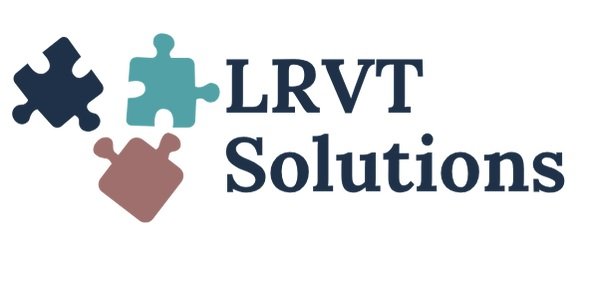Support in the execution of experimental design and methods is crucial for ensuring the integrity and reliability of research outcomes. LRVT Solutions provides cost -effective alternatives to the expense of hiring full-time employees that reguire months of training and practice to develop the expertise and proficency that insures the success of your research goals.
Consultant and Founder:
Tina Emancipator, RVT
After an extensive career in assisting researchers at Case Western Reserve University, the Cleveland Clinic Foundation, Louis Stokes VA Medical Center and Metro Hospitals, Tina Emacipator recognized the value in offering project based support to Primary Investigators as a way to enhance the quality and integrity of their research. She offers expertise in the areas you need, when you need them.
Tina Emancipator’s 20+ years of experience in a wide range of surgical and procuedural protocols covering over 10 different species have played a crucial role in the success of many scientific research projects. Her expertise contributes significantly to the overall efficiency and accuracy of research outcomes. Here are some key values that her experience as a research veterinary technician can bring to the table:
Technical Proficiency: Experienced technicians possess a deep understanding of laboratory techniques and protocols, enabling them to perform complex procedures with precision. This expertise minimizes errors and enhances the reliability of experimental results.
Problem-Solving Skills: With years of hands-on experience, these professionals have encountered various challenges and have developed effective strategies to address them. Their ability to troubleshoot issues swiftly ensures that research projects remain on track.
Data Management: Experienced technicians are skilled in data collection, analysis, and interpretation. They understand the importance of maintaining accurate records and can produce high-quality data that supports scientific conclusions.
Safety Compliance: An understanding of laboratory safety protocols is vital in preventing accidents and ensuring a safe working environment. Experienced technicians are often well-versed in these practices, which is essential for protecting both personnel and integrity of the research.
Training and Mentorship: Seasoned technicians often take on the role of mentors, guiding junior staff and fostering a collaborative learning environment. This transfer of knowledge helps to build a skilled workforce and contributes to the overall advancement of research initiatives.
Project Management: Their experience often includes project management skills, allowing them to effectively coordinate resources, timelines, and team efforts. This capability is essential for meeting deadlines and adhering to project goals.
Adaptability: Research landscapes are constantly evolving, and experienced technicians can quickly adapt to new technologies and methodologies. Their willingness to embrace change enhances the lab's ability to innovate.
